This course presents the fundamentals of circuit analysis. It begins with basic concepts such as voltage, current, sources and Ohm's law; then it
proceeds to develop general and powerful procedures (nodal and mesh analysis) used in analyzing electric circuits. These methods are first applied to
resistive circuits and later to circuits with more complex elements such as capacitors and inductors. Circuits with DC sources as well as those with
sinusoidal sources are analyzed. The subjects of steady-state power and three-phase balanced systems are also covered.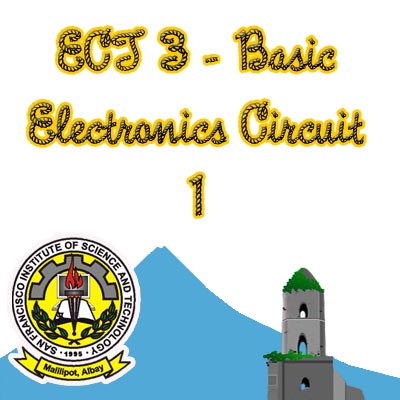
- Teacher: Anatol Burce
This course gives students a foundation in the study of data communications and computer networking. Topics covered will include basic data
communications, the Open Systems Interconnect (OSI) Model, Local Area Networks (LAN), common communications standards, mobile/wireless communications, an
introduction to network security.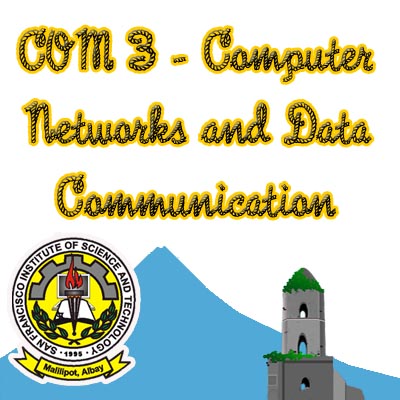
- Teacher: Manuel Bobis
This course introduces students to the basic concepts of computers, their design and how they work. It encompasses the designation of the machine's instruction set
architecture, its use in creating a program, and its implementation in hardware. The course addresses the bridge between gate logic and executable
software, and includes programming both in assembly language (representing software) and HDL (representing hardware). It also covers modern computer
principles using a typical processor and e-phase system-level issues, understanding process performance, and the use of abstraction as a tool to
manage complexity. We then learn how efficient memory systems are designed to work closely with the processor. Next, we study input/output (I/O) systems
which bring the processor and memory together with a wide range of devices.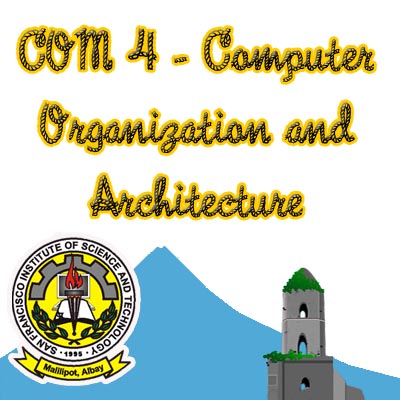
- Teacher: Elmer Brampio
This course will discuss Ac signal sources, Oscillators, Selection of an Oscillator, Barkhausen criteria. Audio frequency oscillator (Wien bridge
oscillator, Phase shift oscillator), Radio frequency oscillator (Colpitts oscillator, Hartley oscillators), Crystal oscillator. Signal Generator, Sweep
frequency generator, Pulse and Square wave generator, Function Generator, Attenuators. Harmonic analysis, Frequency spectrum of waveform, Harmonic
distortion. Harmonic Analyzing Instruments, Harmonic distortion analyzer. Wave analyzer, spectrum analyzer. Transducers, classification of transducers,
Selecting of Transducer, Strain gauge transducer, Displacement Transducer, Capacitive Transducer, Inductive Transducers, Piezoelectric Transducer, Temperature
Transducers, Photoelectric Transducers. Data acquisition system, Signal conditioning circuit. Digital to Analog and Analog to Digital converters. Data
acquisition system and computerized control.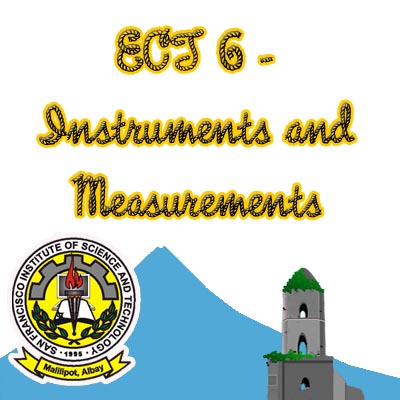
- Teacher: Anatol Burce
This subject covers the knowledge, skills and attitudes required to install and service consumer electronic products and systems. Lessons includes
repair and maintenance of domestic appliances with heating elements or appliances that produces heat, appliances with motor or motor operated
appliances It also consists of competencies in installing, maintenance and repairing/ troubleshooting industrial electronic modules, products and systems.

- Teacher: Anatol Burce
This course covers theories and principles of audio and video devices in analog and digital forms. This course will also cover
installation of domestic home theater systems and It includes competencies in installing, maintenance and repairing audio-video products/ systems. 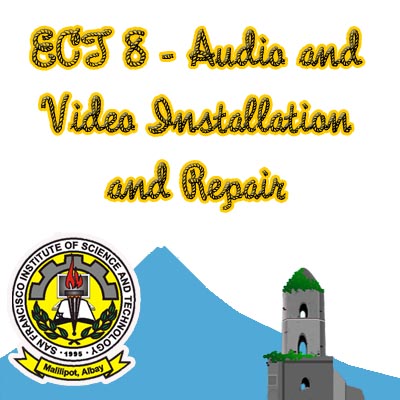
- Teacher: Anatol Burce
This subject covers the knowledge, skills and attitudes needed to set-up computer servers for LAN and Data Center systems. It consists of competencies to set-up user
access and configure network services as well as to perform testing, documentation and pre-deployment procedures of license and Open source Server OS.